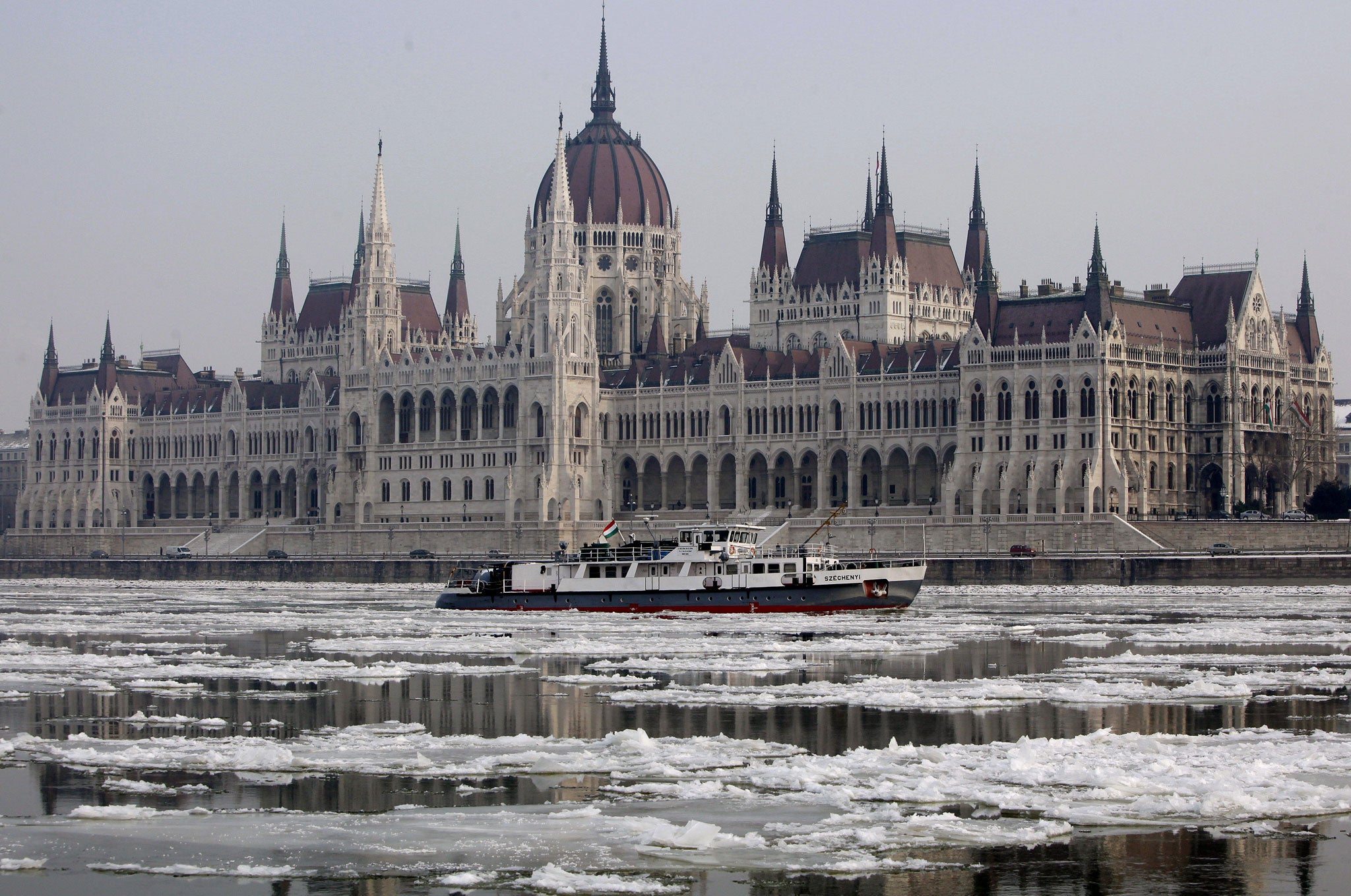Why is it that Europe stigmatises modern Hungary?
There have been eruptions of racial hatred in France and the Netherlands without the same questioning of their fundamental democracy, says Hungary's Deputy Prime Minister

Your support helps us to tell the story
From reproductive rights to climate change to Big Tech, The Independent is on the ground when the story is developing. Whether it's investigating the financials of Elon Musk's pro-Trump PAC or producing our latest documentary, 'The A Word', which shines a light on the American women fighting for reproductive rights, we know how important it is to parse out the facts from the messaging.
At such a critical moment in US history, we need reporters on the ground. Your donation allows us to keep sending journalists to speak to both sides of the story.
The Independent is trusted by Americans across the entire political spectrum. And unlike many other quality news outlets, we choose not to lock Americans out of our reporting and analysis with paywalls. We believe quality journalism should be available to everyone, paid for by those who can afford it.
Your support makes all the difference.A young lad with a machine pistol from the ’56 revolution in Budapest; a student from Prague Spring in ’68; a Solidarity activist from Warsaw in ’80 – these are the images of Eastern and Central Europe favoured in Western Europe. They see far-away champions of freedom, who add some romance to the life of the Western European citizen, but at the same time in in no way upset the staid predictability of their own everyday life, thanks to strength of the Iron Curtain.
Yet somehow in the West many still sensed that the East European democratic transitions and the dismantling of the frontiers lockdown would launch a new era for them, too. For the French and British, German reunification foreshadowed the image of far too large a European superpower. To many, the Yugoslav Wars and the newly independent Croatia meant the breakdown of the Central European status quo. The abundance of new parties, players and developing systems appeared as threat in the committee rooms of Western chanceries. Publicly they hoorayed it while in private they were less than delighted with the end of Socialism.
Since then a generation has gone by but Western Europe is still not able to accept the spirit of Europe’s reunification. The European Union has enlarged towards the east in vain – instead of equal treatment as fellow citizens of Europe, we are met with suspicion, accusation and distrust.
Quite a few EU member states shut off their labour market to the citizens of incoming countries. Thereafter the romantic image of the champion of freedom was slowly replaced by that of the Polish plumber or the Hungarian waiter, who “only came to steal the jobs of the locals”.
It’s not just meanness that keeps the West from accepting a unified Europe. In the last quarter of the century they have already declared Bulgaria, the Czech Republic, Poland, Romania, Slovakia, or even us Hungarians to be non-democratic, because the electors brought to power politicians with views not favoured by the West.
During the same period, racial hatred or ethnic violence erupted several times in France, the Netherlands and Britain - but nobody was worried about democracy there. The number of incidents of an anti-Semitic nature grew markedly in Sweden – yet nobody considers the Swedish nation to be anti-Semitic. Far-right parties have sprung up in Belgium, the Netherlands, France and Britain – still, nobody collects signatures for the salvation of their democracy.
We, just like our regional partners, have to prove our commitment to democracy every day, while, for our part, we have genuinely had to struggle and fight for democracy. They watch the distinctive Eastern and Central European solutions mistrustfully as if they did not care about how they came into being. They do not want to understand that the average salary of a German, a Portuguese and even a Greek is many times that of the Hungarian average of €700.
They do not want to understand that in many cases the nations, as well as the organizational structures of these countries, have had to be rebuilt, because they were emptied materially, societies were demoralised and insecure about their values following the decades of Socialism. All this has had to be done in the midst of an economic crisis, with debts and without reserves.
They do not want to understand – not due to a lack of intellectual aptitude, but due to lack of willingness. They do not want to understand, because they seem to think that it has nothing to do with them, that our concerns are not their concerns. Because the romantic far-away champions of freedom have acquired human form, have turned into flesh and blood, they do not perceive them as their own, as their fellow Europeans.
Today, Europe is not weak because the Eastern and Central European countries are poor or weak. Rather this is due to the West that is still unable to come to terms with the unification of Europe. The very fact that we too are Europeans has invigorated us through the decades, but Europe will stay weak as long as those in the West refuse to take notice of this.
Dr Tibor Navracsics is Deputy Prime Minister, Minister of Public Administration and Justice of Hungary
Join our commenting forum
Join thought-provoking conversations, follow other Independent readers and see their replies
Comments